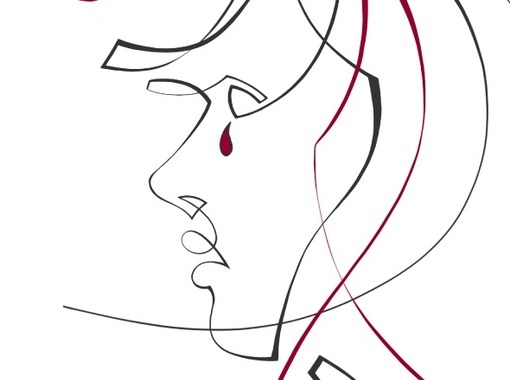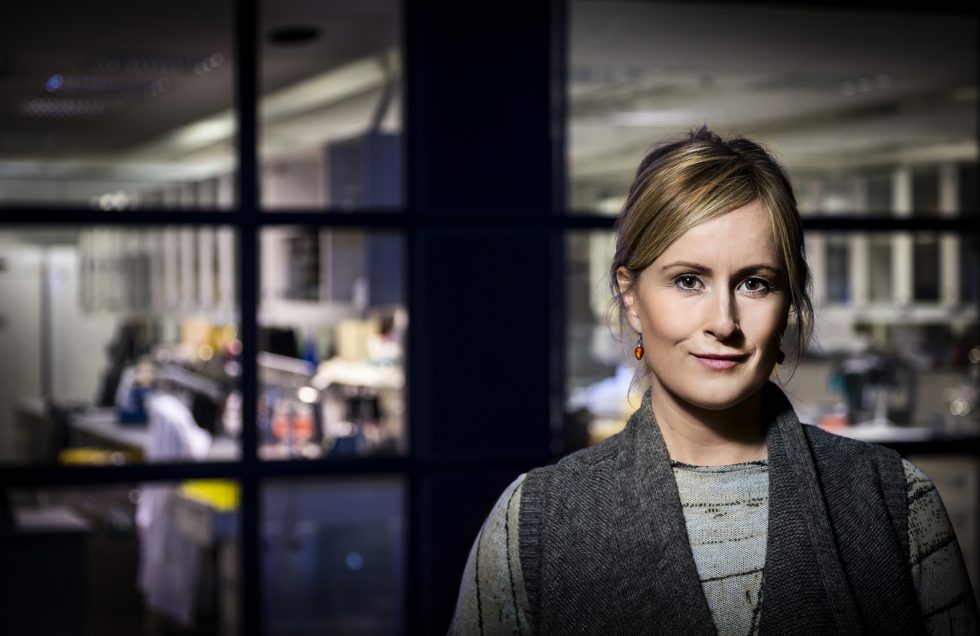An in-depth discussion of research conducted at the University of Iceland Centre of Public Health Sciences into trauma and genetics appears in the latest issue of Horizon, the EU research and innovation magazine. It is hoped that the research will lead to new treatments that will help reduce the impact of trauma on people's health.
The article features a detailed interview with Unnur Anna Valdimarsdóttir, professor of public health sciences at the University of Iceland and leader of the research. She heads a large team of scientists who in 2017 were awarded a grant of € 2 million, the equivalent of ISK 250 million, from the European Research Council to research the genetics of health following stressful events. The aim is to get a better understanding of why some individuals suffer health deterioration following trauma, while other survivors of similar trauma do not.
The research shows that living through a traumatic event increases the chances of developing PTSD, depression and anxiety. Unnur and her colleagues have an extensive background in researching the impact of trauma on health, e.g. having explored the likelihood of trauma affecting not only mental health but physical health. In fact, the risks of heart disease, infections and autoimmune diseases increase following traumatic life events. Their research has also revealed that men and women recently diagnosed with cancer are at considerably increased risk of suicide and sudden death due to cardiovascular disease.
Most of us will experience a traumatic event at some point during our lives. "A third of all women are through their life course exposed to either physical or sexual violence. Most of us will either be diagnosed with a life threatening illness ourselves or have a family member that is, and these really are stressful events," explained Unnur, talking to Horizon.
The SAGA cohort is a study conducted at the University of Iceland. The aim of the research is first and foremost to expand knowledge of the frequency of trauma and its impact on women's health. It is one of the largest scientific studies to be conducted in this area in the world. It is expected that the findings of this research can be used to identify preventative measures and treatments for serious health issues following trauma.

The SAGA cohort is unique in the world
The article discusses in particular the extensive study by Unnur and her colleagues, the SAGA cohort, which is funded by a grant from the European Research Council. This study is a collaboration between the University of Iceland and deCODE genetics, with the aim of shedding light on women's health following trauma. Over 30 thousand women took part in the study. It has revealed, for example, that a third of women had experienced sexual harassment or violence at work and that roughly a fifth of participants show strong symptoms of PTSD – there are indications that such symptoms can lead to chronic health problems. The study is unique in the world and highlights the potential of Iceland and Icelandic databases for research in the health sciences.
As well as data from the SAGA cohort, Unnur and her colleagues are using data on the health of Swedish citizens who were caught up in the 2004 tsunami in South East Asia. "What is intriguing with the data is that there is an extreme variation in how people respond to these events, health-wise," Unnur explained to Horizon.
The article points out that there is unlikely to be a single gene responsible for the variation in how people respond to stress. But genetics could help shine a light on what is actually going on, biologically, to make some people more susceptible to stress-related ill health than others.
Unnur's team hope that their findings will enable healthcare professionals to help people who have experienced trauma, potentially with new preventative measures and treatments. "We may find ways to enable people to better handle these difficult circumstances, thereby reducing the risk of them going on to develop health problems. It might be possible to inform people of the risk of health problems following trauma and then perhaps more closely monitor the group that is likely to suffer health deterioration in such circumstances," says Unnur.




